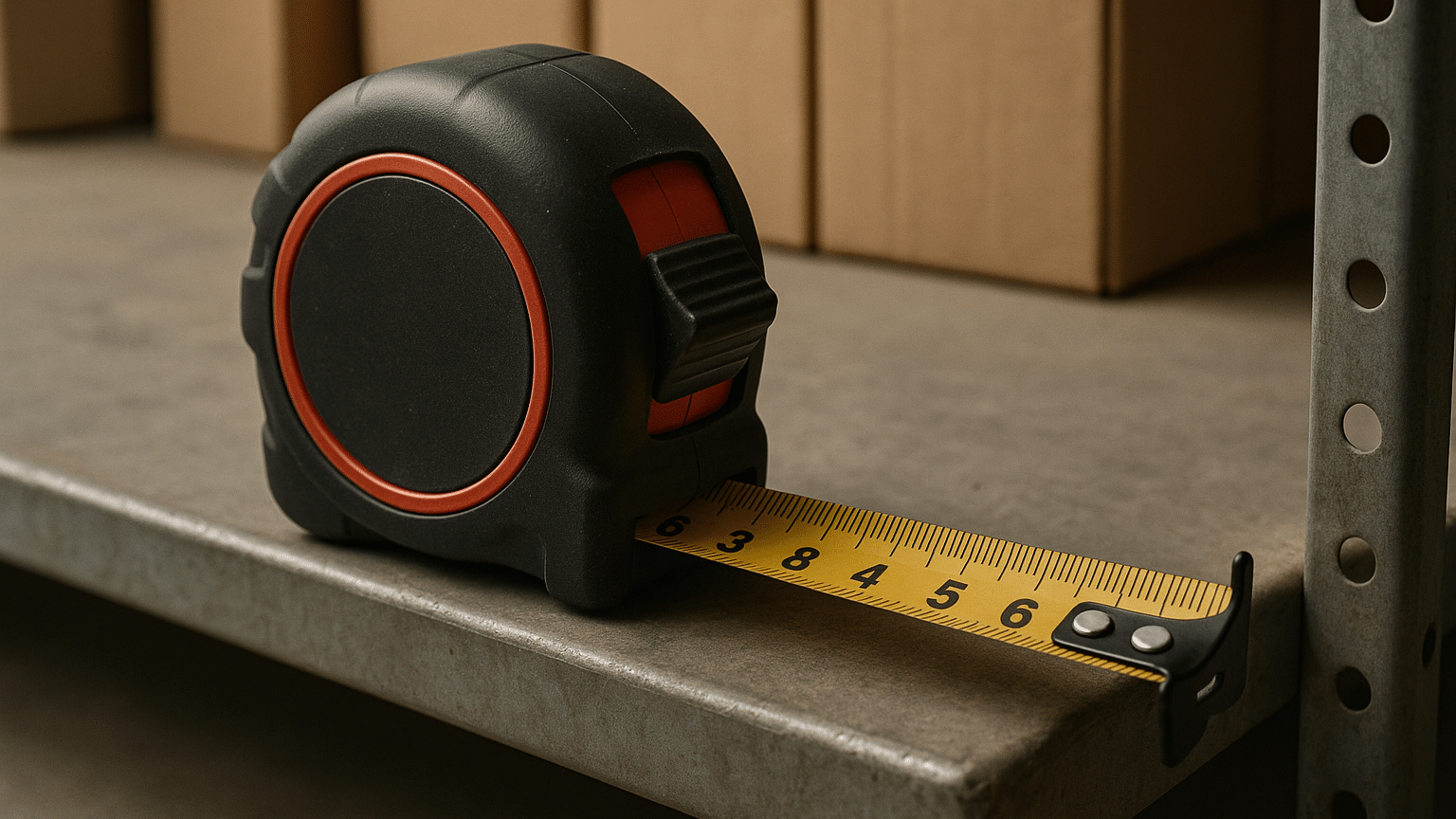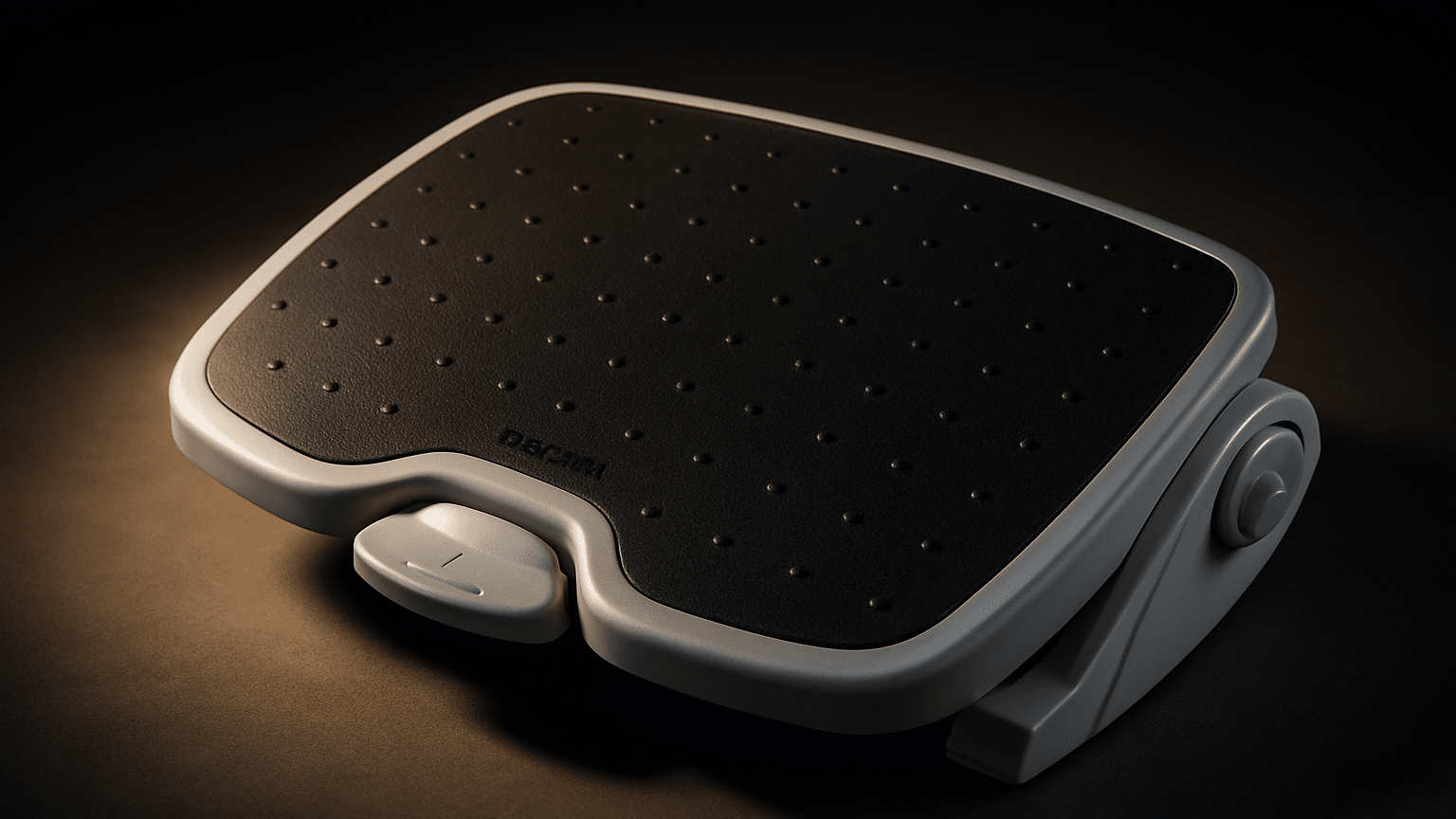How Much Caffeine in Decaf Coffee: The Unveiled Truth
Ever wanted to indulge in another cup of coffee but worried about the caffeine overload? Fortunately, decaf coffee offers a solution. But how much caffeine actually remains in decaf coffee? Can it affect your health? Let’s pull back the curtain and reveal the secrets of decaf coffee. Key Takeaways Decaffeination doesn’t completely eliminate caffeine content […]
Ever wanted to indulge in another cup of coffee but worried about the caffeine overload? Fortunately, decaf coffee offers a solution. But how much caffeine actually remains in decaf coffee? Can it affect your health? Let’s pull back the curtain and reveal the secrets of decaf coffee.
Key Takeaways
- Decaffeination doesn’t completely eliminate caffeine content in coffee
- The caffeine in decaf coffee varies greatly based on decaffeination method and coffee type
- Decaffeinated coffee could still impact individuals sensitive to caffeine
- The consumption of decaf coffee hinges on personal health, needs and taste preference
The Brief Truth About Decaffeination: Unpacking the Process
Decaffeination is a process used to remove caffeine from coffee beans. This is often done using water, organic solvents, or carbon dioxide. One common misconception is that decaf coffee is caffeine-free. Decaffeination removes approximately 97% of the caffeine, but not all.
Numbers Game: How Much Caffeine is Really in Decaf Coffee
Following decaffeination, most decaf coffees still contain between 1–7% of the original caffeine content. So, a typical cup of decaf coffee approximately contains 3 to 12 milligrams of caffeine. However, this can vary widely between different brands or types of coffee. For instance, a decaf espresso contains more caffeine than a decaf filter coffee due to different roasting and brewing methods. Hence, the caffeine count in decaf coffee isn’t standard, it varies.
The Regular Vs Decaf Debate: Comparing Caffeine Contents
The regular coffee per serving contains between 70–140 milligrams of caffeine, depending on the type and brew. This is significantly higher than that of decaf coffee, making regular coffee a stronger stimulant. Are you deliberating whether to stay perked up with regular coffee or switch to the lower caffeine decaf? Consider personal tolerance, taste preference and health factors.
Impacts on Health: Unraveling the Potential Effects of Decaf Coffee
Health impact of decaf coffee depends on individual’s caffeine sensitivity. For those with caffeine intolerance or sensitivity, even the minuscule amount in decaf coffee can lead to feelings of restlessness or insomnia. If you are seeking to limit your caffeine intake due to health reasons, seek advice from a medical expert before incorporating it into your routine.
Transcending Myths: Understanding Why Decaf is not Completely Caffeine-Free
The belief that decaf coffee is completely caffeine-free is a popular myth. The reality is that it contains a small amount of caffeine. Why is this so? It’s down to the process of decaffeination. It is challenging to remove every single trace of caffeine without destroying the coffee’s flavour. Therefore, virtually all decaffeinated coffees contain some residual caffeine. To make an informed beverage choice for your Catering & Kitchen needs, being aware of this can help.
Conclusion: Making an Informed Choice: The Decaf Coffee Dilemma
Decaf coffee can be a good choice for those wanting to reduce caffeine intake, but it’s important to remember it’s not entirely caffeine-free. Factors like brewing style, brand, and personal health conditions come into play while making this choice. Ultimately, the best approach is to enjoy your coffee in moderation, whether it’s regular or decaf.










